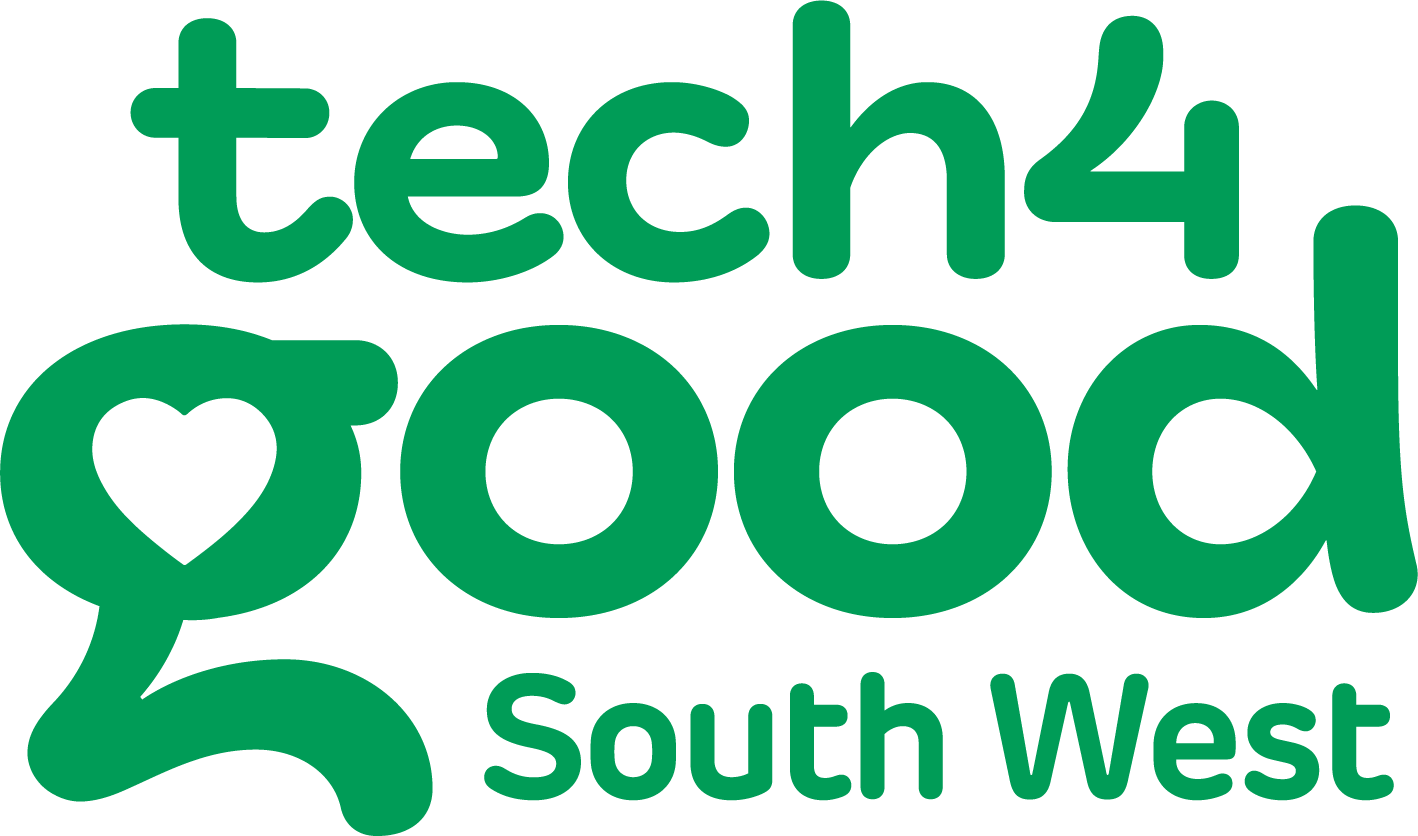Mapping Inclusive Innovation Support in Bath and North East Somerset
“Thank you to Tech4Good South West and Diversily for their work in mapping inclusive innovation support - their approach to the project and the resulting report were exceptional. They went above and beyond, putting in extra time to ensure a high level of detail and insight. Their commitment and thoroughness made a real difference, and they were a pleasure to work with.”
The Project
Innovation thrives when everyone has the opportunity to participate. But how inclusive is the innovation ecosystem in Bath and North East Somerset? This question sparked a collaborative research project that has revealed both promising initiatives and significant gaps in how innovation support reaches all communities.
The project emerged from the Future Ambition Board's Creativity & Innovation working group, co-led by the University of Bath to explore whether innovation support was reaching all community members equitably.
Our research aimed to answer a fundamental question: What types of support are available to help individuals and organisations innovate in Bath and North East Somerset, and how inclusive is this support?
Tech4Good South West partnered with Diversily to bring together a combination of deep local knowledge and inclusive innovation expertise. Our team combined:
Local knowledge from Tech4Good South West team and it's community connections across BANES
Inclusive innovation frameworks and expertise from Diversily, drawing on their Inclusive Innovation Playbook and maturity model
Data mapping capabilities to visualise the ecosystem systematically
“Wide not deep” research approach designed for maximum insight within the constraints of the project brief, mapping the breadth of innovation support rather than diving deeply into individual programmes.
A Rich but Fragmented Landscape
Our research identified over 70 initiatives supporting innovation across Bath and North East Somerset, from mentoring programmes for professionals with disabilities to creative tech residencies and migrant business support.
Many initiatives target underrepresented groups through tailored support, while others focus on broader economic growth. Social and health-related programmes address housing, care and employment barriers, while accessibility initiatives improve mobility. Creative and cultural initiatives provide platforms for artistic ventures.
Interviews with key stakeholders revealed the complex operational realities behind these initiatives. Stakeholders highlighted the challenges of program sustainability amid fluctuating funding cycles, with several valuable initiatives facing imminent conclusion despite demonstrated impact.
We found promising inclusion efforts including The Studio’s flexible residency models supporting creative tech entrepreneurs, Bath College's industry educational offerings for NEETs and care leavers, networking platforms including the Bath Social Impact Network), funding schemes such as access to finance for SMEs through the WECA Growth Hub, and workspace support such as Little Lost Robot Studios neurodiverse-friendly creative workspaces.
Clear Gaps and Barriers
However, our research also revealed significant challenges with the majority of initiatives focused on urban Bath, with limited targeted support for rural communities. There are also access barriers to consider including:
Digital exclusion affects those without reliable internet or devices
Complex application processes deter time-strapped entrepreneurs
Language barriers limit access for non-English speakers
Financial constraints prevent participation in fee-based programmes
Perhaps most significantly, we identified what one interviewee called the "worthiness gap"—people who most need support often don't seek it, while those who already have advantages readily access available programmes. As one stakeholder noted: "It's difficult [to reach people who need support] versus people that seek support that don't really need support."
This points to deeper structural issues around how innovation support is designed, marketed, and delivered.
Opportunities for Change
Our research identified several practical opportunities to strengthen inclusive innovation in Bath and North East Somerset including some obvious immediate actions including:
Develop accessible shared language around innovation that feels relevant to all communities
Improve signposting beyond urban hubs and online channels
Create targeted support for underserved groups identified through community engagement
And broader systemic changes to consider how to
Embed community voices in programme design and delivery
Use place-based procurement approaches to drive equitable outcomes
Address "pre-pre-startup" needs for people exploring entrepreneurship as a last resort
Leverage anchor institutions like universities and councils to enable inclusion across the ecosystem
The research findings are now feeding into the Future Ambition Board's strategy development, with a stakeholder workshop planned to co-develop solutions. More importantly, the data provides a baseline for measuring progress toward truly inclusive innovation support.
BANES has strong foundations, from Cool Ventures training staff in neurodiversity awareness, to the Bath Digital Divide Collective tackling digital exclusion specifically. The opportunity now lies in connecting these efforts into a coherent ecosystem that works for everyone, not just those who already know how to navigate it.
BANES already has many individual initiatives working towards inclusion, however there is a lack of adoption of inclusive innovation practices as standard, with an awareness gap around what inclusive innovation is and why it matters - leading to a lack of support available to change existing practices. Innovation ecosystems are complex, interconnected systems. Creating truly inclusive innovation requires collaboration across sectors—from universities and councils to businesses, charities, and community groups. The real opportunity lies in connecting these efforts into a coherent, accessible ecosystem that works for everyone.
Tech4Good South West is a community interest company focused on fostering inclusive technology innovation through deep community engagement. Diversily specialises in supporting organisations to embed inclusivity at the heart of innovation practices. This research was commissioned by the University of Bath as part of the Future Ambition Board's collaborative approach to regional development. The full dataset and recommendations are available to support further research and action planning.

